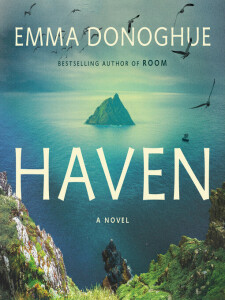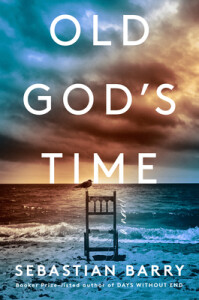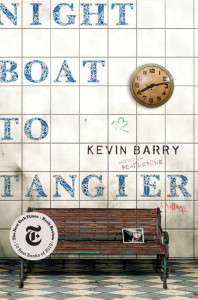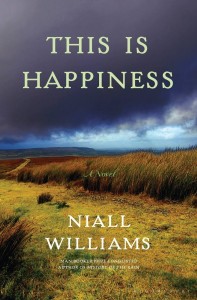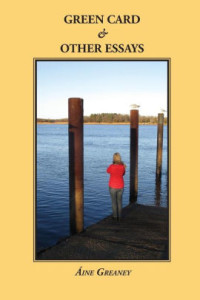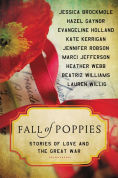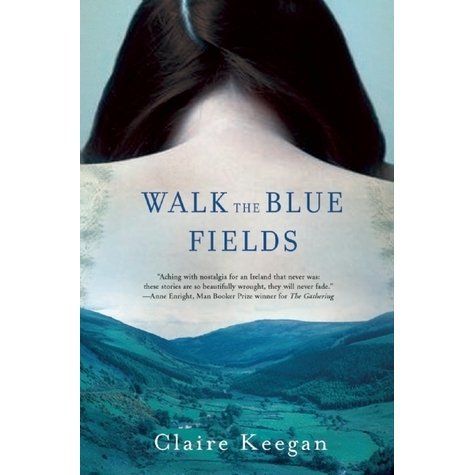
In this second collection of short stories, the author of the remarkable novella Small Things Like These takes us to rural Ireland. The seven stories occur in the modern day but they seem timeless, as though they could be happening anytime in the last century. Partly this sense comes from the rural setting, where so little has changed, and partly because of the psychological realism of Keegan’s characters. We know these people.
Keegan is a brilliant writer, able to condense masses of meaning into a few pages, and those so clearly written that you almost miss the layers they encompass. I’ll just mention a couple of the stories, and tread lightly so as not to ruin them. As with the best stories, several of them turn on a secret revealed, and I would not spoil your discoveries.
As the title story begins, we are placed in a chapel decorated for a wedding, and a priest ready to officiate. The ceremony itself is dispensed with in a few sentences; the story concerns the immediate aftermath—the photos, the hotel reception, the speeches—as filtered through the priest’s eyes. We do not know his name since he is only referred to as “the priest” or called “Father.” It must be a poignant moment when you lose your identity and begin to be held at arm’s length.
A melancholy air comes forward as the priest locks up the church and heads to the reception. He’d rather walk down by the river, but the hotel is “where his duty lies.” As he walks down the avenue,
On either side, the trees are tall and here the wind is strangely human. A tender speech is combing through the willows. In a bare whisper, the elms lean. Something about the place conjures up the ancient past: the hound, the spear, the spinning wheel. There’s pleasure to be had in history. What’s recent is another matter and painful to recall.
Then we are caught up in the whirl of the reception. The scene comes to life through the banter, the details, the people described so acutely. I won’t go on; just know that you are in the hands of a master, and the story will take you to surprising places. The ending is particularly satisfying in the way tiny, almost unnoticed details from the beginning of the story come into play.
The combination of realism and lingering remnants of legends and superstitions are even more central in the last story, “The Night of the Quicken Trees.” That is ancient name for the rowan tree or mountain ash, well known for its magical properties.
Margaret Flusk—”a bold spear of a woman . . . not yet forty”—moves into an isolated house on the coast in the autumn. The house had belonged to a priest, now dead, and is joined to another house of the same size. It’s inhabited by a forty-nine-year-old bachelor named Stark, who has an odd relationship with his goat Josephine. A blend of comedy, folklore, and the way isolation and loneliness can set a person askew, the story is surprising and inevitable at the same time.
I love the morning when Stack first comes to her door. “Margaret wasn’t dressed. She was scratching herself and thinking. She liked to roam around in her nightdress having a think, drinking tea in the mornings.” Such a great description of someone used to living alone.
I saw an interview with Keegan in which she said that rather than planning out her stories ahead of time, she lets her main character loose and follows their footsteps. Perhaps that is why we get the sense of discovering the story—and the story behind the story—along with her.
Although these quiet stories speak of lost opportunities, escape, and desire, they are told with “a measured, almost documentary reserve,” as one reviewer put it, which give the reader a little psychological distance, thus enabling us to appreciate the tiny moments that carry considerable meaning, as well as the larger threads of timeless situations and how people survive them.
What short story collection have you come across that entranced you?
